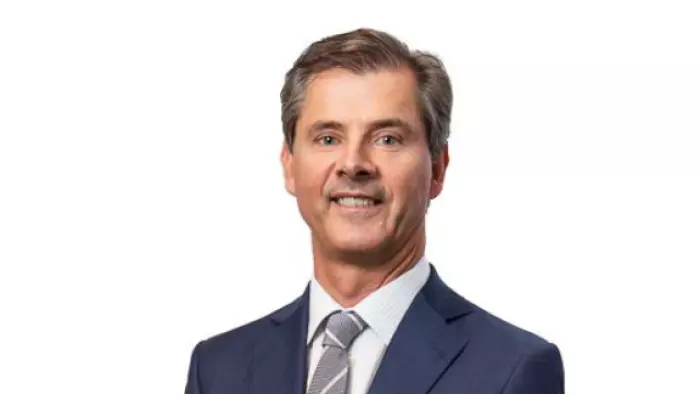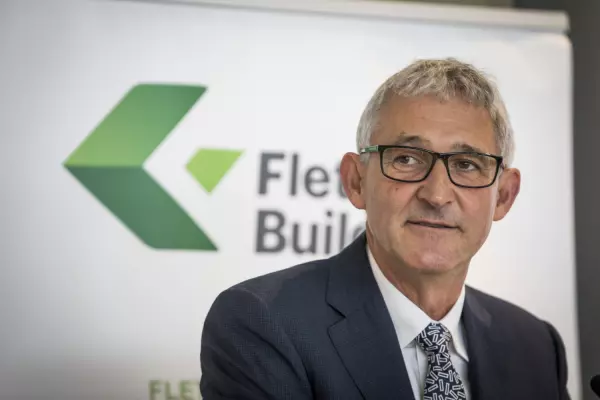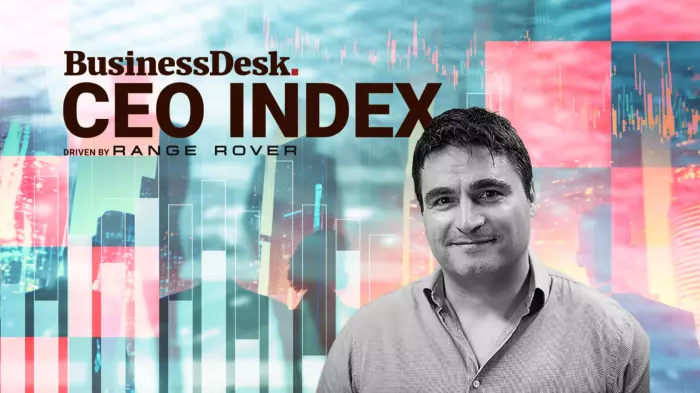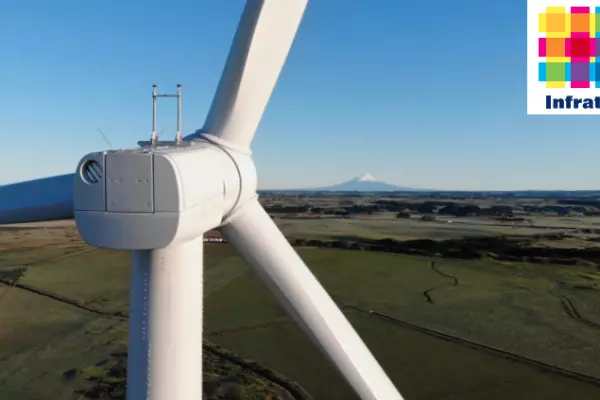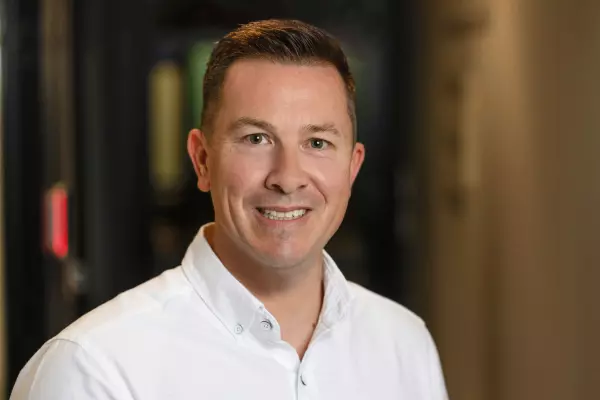The last time Ebos Group raised capital, back in 2019, then chair of the New Zealand Shareholders' Association John Hawkins said the company's board and managers should "hang their heads in shame".
Then, Ebos sought $150 million, and then increased it to $175m, exclusively from a placement to institutions and at an 8% discount to the market price, thereby diluting its retail investors.
Hawkins said it was "19th-century governance in the 21st century" to favour large institutional investors at the expense of its retail shareholders.
It's as if Hawkins never spoke. Although this time around, they are throwing crumbs at retail investors and paying lip service to treating them fairly, but it's far from fair.
"Maximum application size has been selected with the objective to enable as many retail shareholders as possible to apply for their pro rata share of the equity raising under the retail offer," the company asserts in lip service to fairness.
Except the capital raising is NOT being conducted on a pro rata basis, otherwise known as a rights issue, in which all shareholders receive their slice of the pie in proportion to their holdings.
Ebos' board could have chosen to treat all its investors fairly, but it deliberately chose not to.
The details
Ebos aims to raise up to A$742m (NZ$784m) via a fully underwritten A$642m placement to institutions and up to A$100m from a retail offer that isn't underwritten.
Why pay for underwriting for the placement but not for the retail offer?
Arguably, a company with as strong a track record dating back to the 1990s as Ebos has shouldn't need underwriting at all, especially since the new shares are being sold at a 5.5% discount to the market price.
Doubtless, their merchant banker, Macquarie Securities, would have charged Ebos the same amount regardless of whether they chose underwriting or not, because that's how the merchant banking fraternity does business these days.
But Blind Freddy could work out that underwriting the retail issue won't be necessary.
Retail investors can apply for up to $50,000 worth of shares – that's about 1,450 shares if the price is the same as the $34.50 the placement was sold at – regardless of their current holdings.
The maths shows it won't take much take-up from retail investors to swamp the amount of available shares.
Ebos' annual report showed that at July 16 it had 11,012 shareholders with holdings of 10,000 or fewer shares.
It would need just 2,000 shareholders to request NZ$50,000, or A$47,500 if they're Australian shareholders, worth of shares to reach the A$100m on offer.
Lofty share price
Couple that with the fact that Ebos shares have gained more than 30% so far this year, then in all likelihood, the level of oversubscriptions will be massive and the scaling savage.
Even though the capital raising dilutes the value of existing shares, the share price has risen more than 5% since it was announced.
As I've written previously, Ebos can't claim the need for speed dictated its capital raising method.
Move Logistics' capital raising through an accelerated renounceable rights issue raised the bulk of money sought on the same day the capital raising was announced, just as usually happens with a placement.
Unlike Ebo's 2019 capital raising, which was to pay down debt to reduce gearing while it eyed potential unspecified acquisitions, the latest one is to finance a specific purchase, the A$1.17 billion purchase of LifeHealthcare, one of the largest independent distributors of third-party medical devices, consumables and capital equipment.
On May 1, 2019, Ebos completed that capital raising and it wasn't until Oct 15, 2019, that it announced any sizeable acquisition, its first purchase in the medical devices sector, which cost it A$34m.
But even though the funds will have a specified use this time around, there's no need for any particular haste – the purchase isn't expected to be complete until some time before June 30 next year.
Conditions to meet
That's because it's subject to a number of conditions including consents from the third-party manufacturers and regulatory approvals from Australia's Foreign Investment Review Board and NZ's Commerce Commission, organisations not known for speedy processes, especially since the Downunder summer holidays are almost upon us.
So, there's no excuse for Ebos choosing, yet again, to abuse its retail shareholders unnecessarily.
That said, Ebos has a track record of buying well and of successfully integrating the businesses it buys.
When it was much smaller in the 1990s, it nearly went out of business when the international manufacturers of devices it distributed were taken over.
But since then it has gone from strength to strength, mostly by buying relatively small add-on businesses – the 2019 acquisition is typical of this – but also making transformative major purchases about every eight years or so.
This year it's LifeHealthcare; in 2013 it was the $1.1b purchase of Australia-based pharmaceutical distributor Symbion and in 2007 it was the purchase of an Auckland-based pharmaceutical distributor that cemented its pre-eminent position in the New Zealand market.
Now Ebos is of so much greater scale that losing any particular contract wouldn't be any threat to its existence and the same goes for the LifeHealthcare operations.
Lots of suppliers
It is one of the largest independent distributors of third-party medical devices, consumables and capital equipment.
It represents more than 120 manufacturers and the largest of them is expected to account for about 8% of Ebos' gross operating revenue from medical devices. The average relationship tenure of LifeHealthcare's 10 largest customers is about 13 years.
It also has an in-house allograft material manufacturing capability – allografting is the transplant of an organ, tissue or cells from one person to another who is not an identical twin.
The acquisition will also provide Ebos with its first foray beyond Australasia because it comes with a 51% stake in the Asian subsidiary, Transmedic.
The remaining 49% of Transmedic will be retained by its founders who will continue to manage the business on a day-to-day basis but with arrangements in place to allow Ebos to acquire 100% in the medium term.
That allows Ebos to put a relatively safe toe into that new South East Asian market with experienced staff running the business.
Analysts were positive about the acquisition with Forsyth Barr saying its analysts see "a number of key strategic benefits" and Craigs Investment Partners noting LifeHealthcare's relatively strong growth profile.
The purchase price represents an enterprise value-to-earnings before interest, tax, depreciation and amortisation multiple of 11.5 times calendar ebitda expected in 2022.
No immediate concerns
Forsyth Barr said that was ahead of both the traditional seven or eight times ebitda Ebos has paid in the past and the 9.5 times ebitda paid in 2018 for private equity to take over the company.
"However, we have no immediate concerns with the price paid, given the scale of the business, current elevated multiples across the market … and 55% of the transaction has been funded by an equity issue," the analysts said.
The Craigs analysts described the price as "full" but balanced by LifeHealthcare's growth track record.
Ebitda growth has averaged 22% between full-year 2019 and full-year 2021 from a combination of about 4% to 6% annual industry growth, retaining manufacturers as customers and the Allograft business "has been a star performer", Craigs said.
It estimates LifeHealthcare has about a 13% share of the about A$2b Australian and NZ market for medical devices and a smaller share of the South East Asian market, "providing significant headroom for further growth".
Ebos is now onto its third chief executive – John Cullity – since I started following the stock in the 1990s and it has a long-standing reputation for the quality of management.
Which makes it all the more deplorable that it treats its retail shareholders so carelessly.


